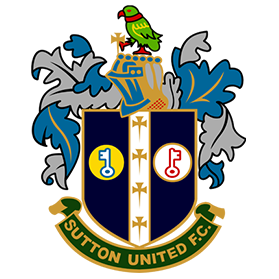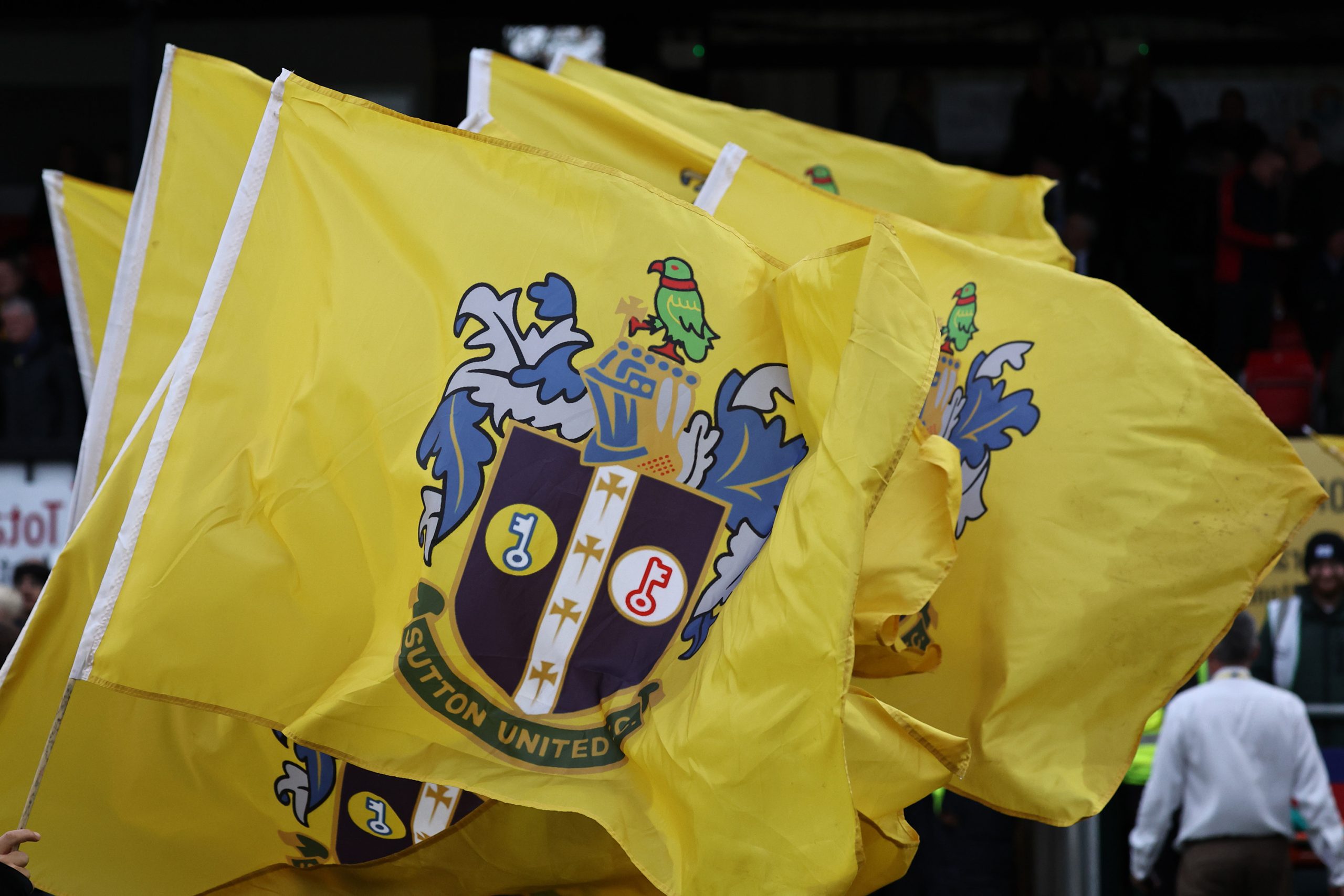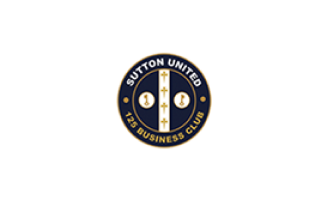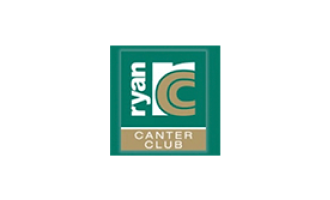History
For a more complete history of the club, see “United We Stand”, the book written to mark the club’s centenary in 1998.
For the first time in their history Sutton United became a Football League club in 2021 when they clinched the National League championship in the penultimate game of the season at home to Hartlepool, the finest moment in the club’s 123 year history.
The club was formed on 5 March 1898 when a meeting of two leading local clubs, Sutton Association and Sutton Guild Rovers, decided that they should join forces. The amber and chocolate colours of Sutton Association were retained, along with both clubs’ grounds, and the United club’s first game was against Norwood & Selhurst FC . With two grounds available Sutton fielded three teams in the Herald and Surrey Junior Leagues, but the loss of Western Road after a year led to the disbanding of the third team. The senior side’s first honour came in the form of the Herald Junior Cup in 1902, the first of three successive triumphs in that competition.
In 1910 Sutton assumed senior status and joined the Southern Suburban League, and it was during the next decade that the club gained use of their present home in Gander Green Lane. After finishing as Southern Suburban League runners-up in 1920 they were elected to the Athenian League at the end of the following season, and celebrated by twice winning the Surrey Senior Shield. League form was more uncertain, and in 1926 U’s had to seek re-election, but were successful and recovered to win the championship just two years later. Over the next decade Sutton established themselves as a force in the amateur game, twice reaching the FA Amateur Cup semi-finals, although on the first occasion they were expelled from the competition after fielding two players who had played Sunday football and were therefore ineligible.
Sutton remained to the fore after World War Two, winning the Athenian League for a second time in 1946, and coming second to Barnet on goal average the following season, while they lifted the Surrey Senior Cup, the first of fifteen occasions on which they have won the trophy. They also appeared in the first round proper of the FA Cup for the first time. In 1953 the club became a Limited Company, and five years later won the league for a third time as well as achieving a first success in the London Senior Cup. In 1963 U’s made their first appearance at Wembley in the Amateur Cup final, losing 4-2 to South London rivals Wimbledon, and were one of four clubs elected to the Isthmian League.
Champions in 1967 and runners-up a year later, Sutton again reached the Amateur Cup final in 1969, losing to North Shields, and the following season achieved national fame as they made it through to the 4th round of the FA Cup and were drawn at home to Leeds United, then the top side in the country, who won 6-0 in front of a record 14,000 crowd. After another league runners’-up position in 1971, a less successful period followed until the appointment of former player Keith Blunt as manager in 1977. Two years after his arrival U’s made history as the first and only winners of the Anglo Italian semi-professional tournament, and although he departed to top Swedish club Malmo soon afterwards, his assistant Barrie Williams went on to guide the club through a period of great achievement. FA Trophy runners-up in 1981, losing to Bishop’s Stortford at Wembley, they were second in the league a year later as well as reaching the second round of the FA Cup, and won a cup treble of Isthmian League Cup, London Senior Cup and Surrey Senior Cup in 1983. Two years later U’s captured the Isthmian title, and having declined promotion, they repeated the success in 1986 and this time took their place in what was then the GM Vauxhall Conference.
During their first spell in the Conference U’s hit the headlines with their FA Cup exploits. In the 1987-88 season they recorded their first win over Football League opposition, beating Aldershot 3-0 and then winning at Peterborough before going out after extra time in a third round replay at Middlesbrough. A year later they again reached the third round and their 2-1 win over Coventry remained the last instance of a side from outside the Football League beating one from the top flight of English football until Luton’s win at Norwich in 2013. Sutton also seemed established as a Conference side but in 1991, having recorded a record Conference away win of 9-0 at Gateshead, they picked up just one point from their last eight games and were relegated for the first time in their history.
Although often around the top of the Isthmian League U’s could not realise their hopes of an immediate return, and it was in cup football that they enjoyed more success. In 1993 they reached the FA Trophy semi-finals, and another FA Cup run in 1993-94 produced victories over Colchester and Torquay before a narrow defeat at Notts County. The appointment in 1996 of the management team of John and Tony Rains, with over 1,400 playing appearances for the club between them, saw a renewed assault on the championship, and after twice finishing third they realised Sutton’s ambition of returning to the Conference in 1999, finishing eleven points clear of long time leaders Aylesbury after a run of 13 wins and 3 draws in 17 games. Unfortunately U’s found the gap to the Conference too wide to bridge, and seven consecutive defeats at the end of the campaign saw them finish bottom, but relief was provided in the FA Trophy where they beat three Conference clubs, including two of the eventual top six, to reach the semi-finals where their hopes were comprehensively dashed by ultimate winners Kingstonian.
In their first two seasons since rejoining Ryman League ranks Sutton failed to mount a serious promotion challenge, but in the 2003-04 season, with a side containing several graduates from an outstanding youth team that had reached the third round of the FA Youth up in 2001, a storming second half to the season saw them finish as runners-up to Canvey Island and gain inclusion in the newly formed Conference South. John Rains stood down as manager in March 2006, and he was replaced by Ian Hazel, but the 2007-08 season saw U’s, who had previously finished consistently in mid-table, struggle from the start and by the end of March their relegation had been confirmed, with two changes of manager during the season.
Although the end to the season showed signs of promise under former player Jimmy Dack he declined to take the job on a permanent basis and Paul Doswell, who had achieved great success with Eastleigh in recent seasons, was appointed in the middle of May 2008. After missing out on promotion in the play-offs in his first two seasons, as well as overseeing a first appearance for 15 years in the FA Cup first round, he guided U’s to the Isthmian championship in 2011, and the following season saw them finish fourth in Conference South, losing to Welling in the play-offs, and also reach the second round of the FA Cup, where their tie at home to Notts County was televised live on ESPN. U’s were again in the play-offs in 2014, losing to Dover after finishing second in the table, and last season went one better, an unbeaten run of 25 league games from the middle of November saw U’s overhaul long-time leaders Ebbsfleet and clinch the Vanarama National League South championship and gain promotion to the National League for the first time since the 1999-2000 season.
In their first season back at National League level Sutton finished 12th, the highest placed of the promoted clubs, but it was the FA Cup for which the season will be remembered as they made history by reaching the 5th round for the first time ever. After a last minute winner against Forest Green had seen them through the qualifying round, they won 6-3 at Dartford before beating League Two Cheltenham thanks to another very late goal. In the third round U’s scored three times in the last fifteen minutes to win at AFC Wimbledon in a replay after a goalless draw, and then in front of the BT cameras they beat Leeds 1-0 to gain revenge for the result 47 years earlier. The fifth round saw U’s drawn at home to Premier League giants Arsenal and put up a creditable performance in a 2-0 defeat. The following season the focus turned back to the National League as Sutton achieved their highest ever finishing placing of 3rd, but again suffered play-off disappointment, losing 3-2 at home to Boreham Wood in the semi-final. After a 10th placed finish a year later, Paul Doswell announced the end of his eleven year tenure, coach Matt Gray stepping in to the manager’s role and in his first season, with a much changed squad, U’s recovered from a disappointing spell to climb to a mid table position. They lost only twice in sixteen league games prior to the season’s premature close, but retaining much of that squad for the 2020-21 season U’s were challenging at the top from the start, with the result being a place in the Football League for the first time ever as they finished four points clear of Torquay.
Sutton’s first EFL season saw the team continue to impress, and a play-off place was still in reach on the last day of the season, and while U’s did their bit by winning at Harrogate, results elsewhere saw them eventually finish one point short of a place in the end of the season competition in 8th place. There was also a memorable run in the Papa Johns Trophy, where U’s came through their group with a 100% record without conceding a goal, then beat Stevenage, Colchester, and Harrogate before a penalty shoot out success away to League One high-fliers Wigan saw U’s at Wembley for the first time since 1981. They were within a minute of a first ever success there before a last gasp equaliser saw eventual League One champions Rotherham take the game to extra time and ultimately win 4-2.
Off the pitch U’s have also made great strides in recent years, with their work in the local community seeing them win the Business of the Year award in 2013. A programme of ground improvements saw all four sides of the ground upgraded in the last 30 years, and in summer 2015 a 3G pitch was installed at Gander Green Lane, providing a 7 day a week facility for the community, and used by several local clubs, most recently Sutton Common Rovers. However promotion to the Football League meant that the pitch had to be taken up and replaced with grass for the 2021-22 season, and the ground has subsequently undergone further extensive upgrading to meet Football League requirements with new turnstiles, floodlights and rebuilt accommodation for visiting supporters.




















